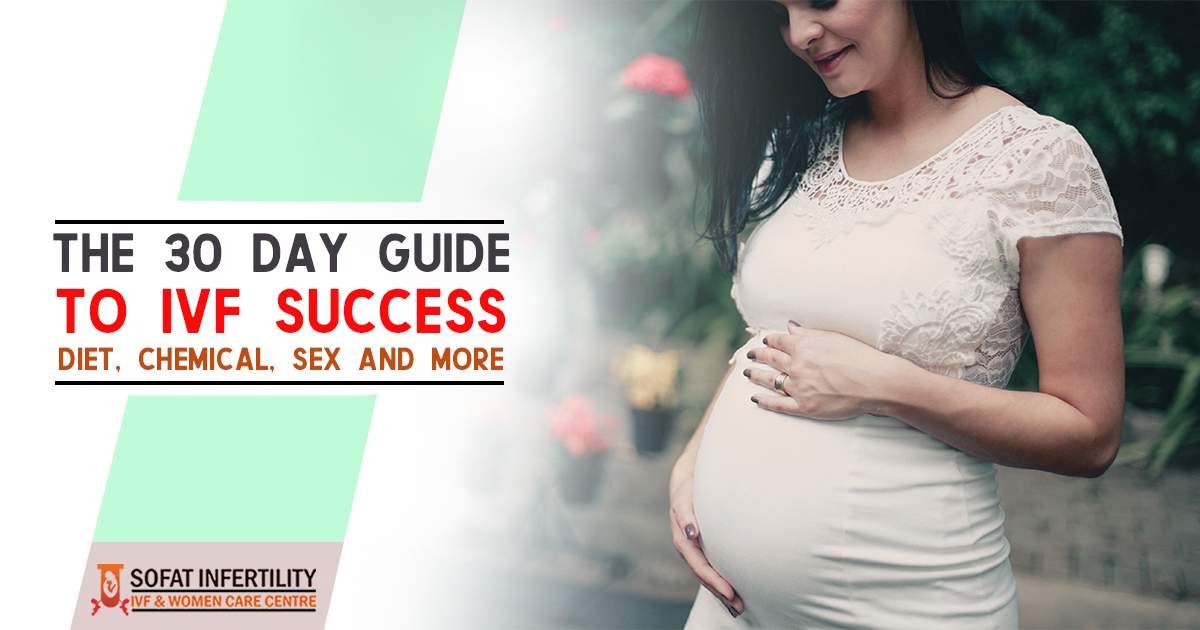Dr. Sumita Sofat: Given the rising statistics related to infertility, many women have trouble conceiving naturally. Test tube baby Centre in Punjab states that IVF is the best infertility procedure for such cases. The medical procedure helps the woman in conceiving by carrying out the fertilization process in a lab. The process is followed by the implantation of the fertilized embryo in the womb of the woman.
Prep (the initial period –a month before the cycle)
This is the time to make realistic lifestyle changes which will help you in maintaining optimal health and controlling your menstrual cycle. It will help the doctor in scheduling your menstrual cycle and synchronizing it with your IVF schedule.
Step 1 First day-the first day of your period is the day when your IVF cycle begins.
Step 2 -This is when you start taking fertility drugs for stimulating the ovaries. The stimulation ensures that the eggs are produced in an abundant quantity.
Step 3 -36 hours human chorionic gonadotropin (hCG) is administered to stimulate the release of the eggs which have developed. The doctor will retrieve the eggs 36 hours after the injection.
Step 4 – Your partner will be required to provide the sperm sample during the period you are getting your egg retrieved. The fresh eggs and sperms will be made to interact and fertilization will occur within a few hours. Your uterus will be prepared for receiving the embryo in the meantime.
Step5 After 3-4 days, the suitable embryo or embryos will be transferred to your uterus for implantation.
Step6 –If the implantation is successful, the body will release pregnancy hormones.
Diet during IVF
Eating healthy is quite crucial during your IVF cycle. So follow the healthy diet which contains –
- Healthy fat (nuts, and seeds, avocado)
- Fresh fruits and vegetables.
- Whole grains ( quinoa, whole-grain pasta)
- Legumes(chickpeas, beans, and lentils)
- Lean proteins (fish and poultry)
- Low-fat dairy products.
Also, you need to cut down on –
- Salt intake, flavored foods, etc.
- Red meat, processed foods, sugar, and refined grains
Exercise during IVF
Women must stay active during the pregnancy period to ensure good circulation and flexibility of muscles. However, a highly strenuous activity like jogging or running must be avoided to prevent harm to the fetus. Walking, breathing exercises, gentle yoga postures, and meditation will have beneficial effects on your body and mind.
Which chemicals to avoid?
Doing away with some household products and chemicals is very desirable during the tough pregnancy period. Something as trivial as a nail paint or food packaging material could diminish your chances of becoming a mother. Nail paint contains formaldehyde which is not good news for your fetus, so avoid using it. Certain cosmetics have harmful chemicals like triclosan and benzophenone in them which has adverse effects on pregnant women. So play it safe while buying cosmetics.








